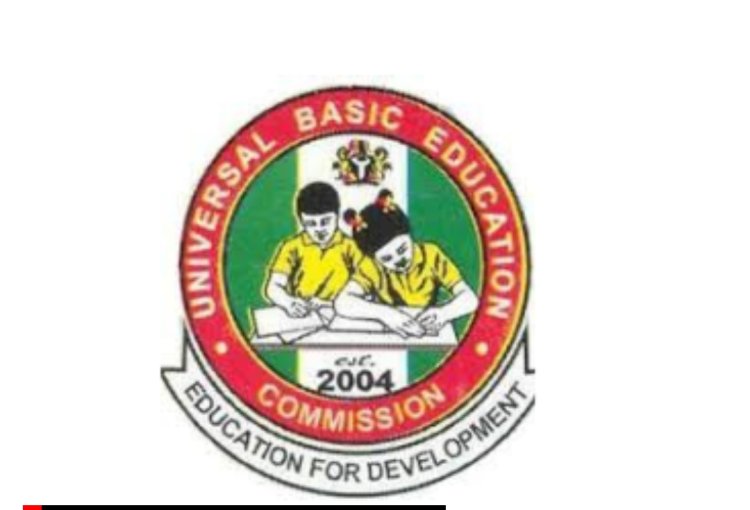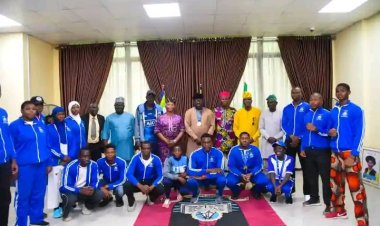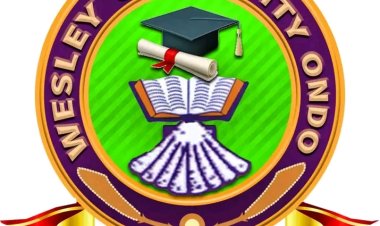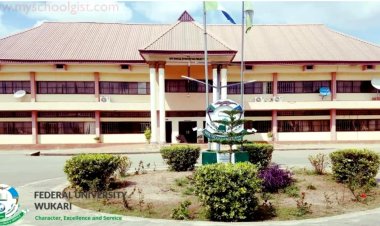UBEC Supports Operations of FG-Owned Smart Schools Across 11 States
Dr. Hamid Bobboyi, the Executive Secretary of UBEC, highlighted the commission's commitment to introducing innovative approaches to the delivery of basic education. The Digital Resource Centre of UBEC organized a workshop to establish partnerships with Edtech startups, aiming to enhance the quality and relevance of education in the 21st century.

The Universal Basic Education Commission (UBEC) is actively providing technical support for the smooth operation of 11 Smart Schools, which commenced academic activities in various states during the ongoing September 2023/2024 academic session. These Smart Schools are located in Bauchi, Benue, Ekiti, Nasarawa, Niger, Kano, Kaduna, Katsina, Kwara, Osun, and Oyo States.

Dr. Hamid Bobboyi, the Executive Secretary of UBEC, highlighted the commission's commitment to introducing innovative approaches to the delivery of basic education. The Digital Resource Centre of UBEC organized a workshop to establish partnerships with Edtech startups, aiming to enhance the quality and relevance of education in the 21st century. The workshop included collaboration with the National Information Technology Development Agency, 21 Edtech Startups, and teachers from operational Smart Schools across the country.
UBEC's Digital Resource Center initiated a technical support exercise to enhance the capacity of Smart School teachers through constructive feedback and continuous capacity development. The focus is on identifying areas of challenge in smart education delivery and providing one-on-one constructive feedback based on classroom observation. This approach aims to refine skills, foster professional growth, and facilitate knowledge sharing among teachers.





